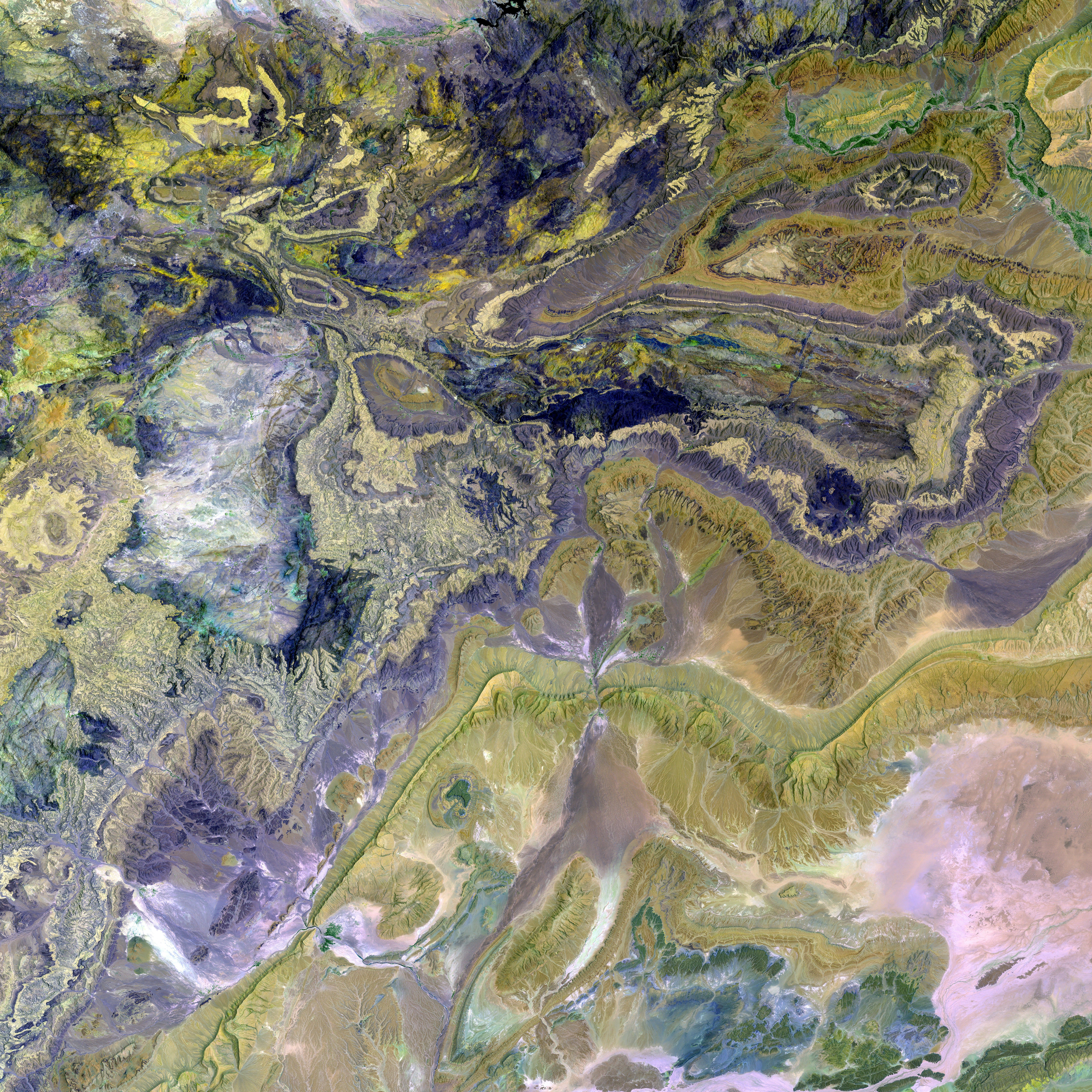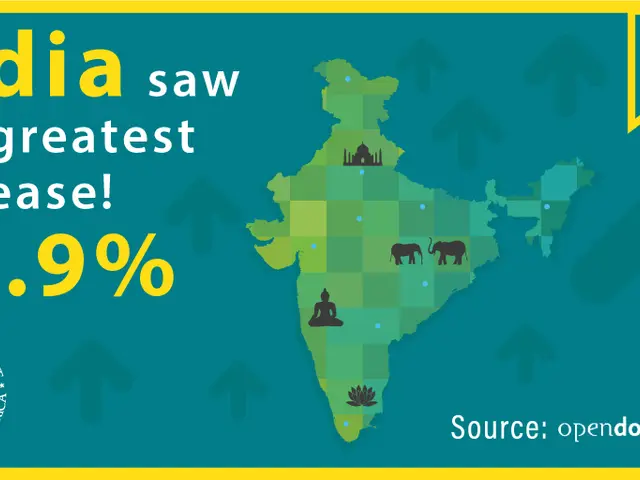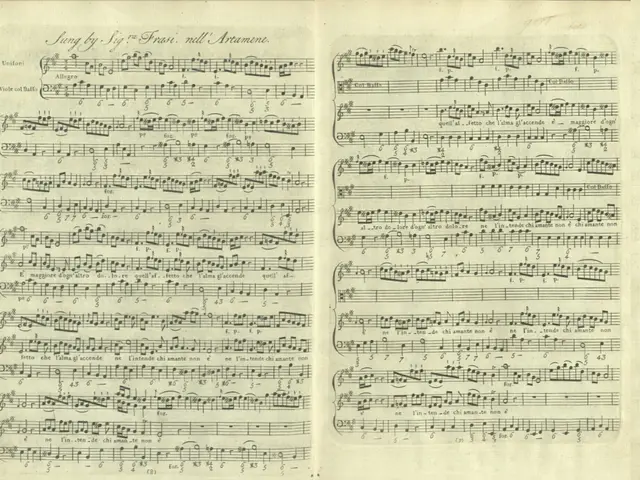Algerian authorities have issued two arrest warrants for Franco-Algerian author Kamel Daoud.
Unyielding Drama Surrounds Renowned Author Kamel Daoud
🔥 David Mouriquand 🔥 Facebook 🔥 Twitter 🔥 Flipboard 🔥 Send 🔥 Reddit 🔥 Linkedin 🔥 Messenger 🔥 Telegram 🔥 VK 🔥 Bluesky 🔥 Threads 🔥 Whatsapp
The Franco-Algerian writer Kamel Daoud is currently facing two international arrest warrants issued by the Algerian authorities. This storm stems from a heated controversy surrounding his novel "Houris," which netted him the prestigious Goncourt Prize in 2024 - a first for an author of Algerian descent.
France has been briefed on these warrants, as stated by a spokesperson from the French Foreign Ministry. Christophe Lemoine, the Ministry's spokesperson, stressed France's dedication to freedom of expression and intends to remain vigilant on the matter's progression.
At the heart of the controversy, Daoud stands accused of exploiting the story of a survivor from the Algerian civil war without her consent, allegations he fervently denies. This unverified account surfaced last November, with an Algerian court accepting an initial complaint charging Daoud and his psychiatrist wife for using patient stories in the crafting of "Houris."
Two appeals have been lodged against Daoud and his spouse, who treated Saâda Arbane, a victim of the civil war in Algeria (1992-2002), who asserts that the couple utilized her story without consent. The other complaint originates from the National Organisation of Victims of Terrorism.
Upon learning that these arrest warrants had been issued against him, Daoud's lawyer Jacqueline Laffont-Haïk declared that Daoud would refute them through Interpol. Laffont-Haïk suspects that the Algerian warrants' motives are politically driven, intended to silence a writer whose latest work delves into the massacres of Algeria's "black decade."
"Houris" is a sobering novel set in Oran, charting the harrowing journey of Aube, a young woman who has lived silent since an Islamist violently slit her throat on 31 December 1999. The book is banned in Algeria, owing to the country's restriction on any work invoking the civil war period.
Kamel Daoud once claimed that the story was well-known in Algeria and argued that his novel "does not depict (the) life" of Saâda Arbane. Writing in a French publication, Le Point, last December, Daoud contended that while he understood Arbane's tragic predicament, his response remains clear: it is fundamentally false. Arbane's harrowing experience resonates with many victims, according to Daoud, yet he accused the plaintiff of being manipulated to achieve a malicious objective: to silence an author and sully his family's reputation.
Daoud's publisher, Gallimard, has denounced the "violent defamatory campaigns orchestrated by certain media overtly connected to a regime whose nature is widely known."
Originally written by [User Name] on [Date]
Literature 💰 Algeria 🇩🇿 France 🇫🇷 Arrest warrant 🚓 Books 📚 Freedom of speech 🗣️
Notable Milestones in Kamel Daoud's Career:- Daoud won the Goncourt Prize for his controversial novel "Houris." The novel was banned in Algeria due to its explicit themes and content that directly addresses the country's civil war history.[3][5]- "Houris" was published in 2024, making Daoud the first Algerian-descent author to win the Goncourt Prize.[1]- Following the novel's release, various controversies erupted, leading to Daoud being slapped with two international arrest warrants by Algerian authorities.[1]
Research Source:1. Barclay, L. (2025, March 09). Controversial Algerian Writer Facing International Warrants for Goncourt-Winning Novel. The New York Times. https://www.nytimes.com/2025/03/09/world/europe/algeria-writing-warrant-kamel-daoud.html2. France's Foreign Ministry speaks out on arrest warrant for Algerian writer. (2025, March 10). France 24. https://www.france24.com/en/live-news/20250310-france-s-foreign-ministry-speaks-out-on-arrest-warrant-for-algerian-writer3. Moulin, N. (2025, March 12). Kamel Daoud: Nobel prise de littérature en Algérie. Le Monde. https://www.lemonde.fr/culture/article/2025/03/12/kamel-daoud-nobel-prise-de-lit-terature-en-alg-rie_6083157_1604424.html4. Pagès, J. (2025, March 15). Kamel Daoud aux Etats-Unis: "Mes innocents doivent être de sortis." Le Point. https://www.lepoint.fr/culture/kamel-daoud-aux-etats-unis-mes-innocents-doivent-etre-desortis-25-03-2025-2379200_83.php5. Salaün, S. (2025, March 17). Kamel Daoud: un Romancier de coup d'Etat. Le Dauphiné. https://www.ledauphine.com/art-culture-idees/2025/03/17/kamel-daoud-un-romancier-de-coup-detat-57359806. Saêda Arbane, "Saâda qui suis-je?"(English: "Who Am I, Saâda?", 2025)
- The Algerian author Kamel Daoud, who won the Goncourt Prize in 2024 for his controversial novel "Houris," is currently confronting two international arrest warrants issued by Algerian authorities, as stated by France's Foreign Ministry.
- In a research source, it's mentioned that Daoud's novel "Houris" was banned in Algeria due to its content that deals with the country's civil war history, and the book has caused various controversies, leading to international warrants against the author.
- Laffont-Haïk, Daoud's lawyer, believes that the motives behind the Algerian warrants are politically driven, seeking to silence a writer whose books delve into Algeria's "black decade."
- Gallimard, Daoud's publisher, denounced the defamatory campaigns orchestrated by certain media allegedly connected to a regime, with intentions to Silence an author whose work, such as "Houris," tackle delicate subjects like policy-and-legislation, politics, general-news, and entertainment.
- The Algerian War, being a sensitive topic, has led to criticism and controversy around Kamel Daoud's books, with Saâda Arbane, a victim of the Algerian civil war, accusing Daoud and his spouse of using her story without consent, a claim that both Daoud and his wife vehemently deny.










